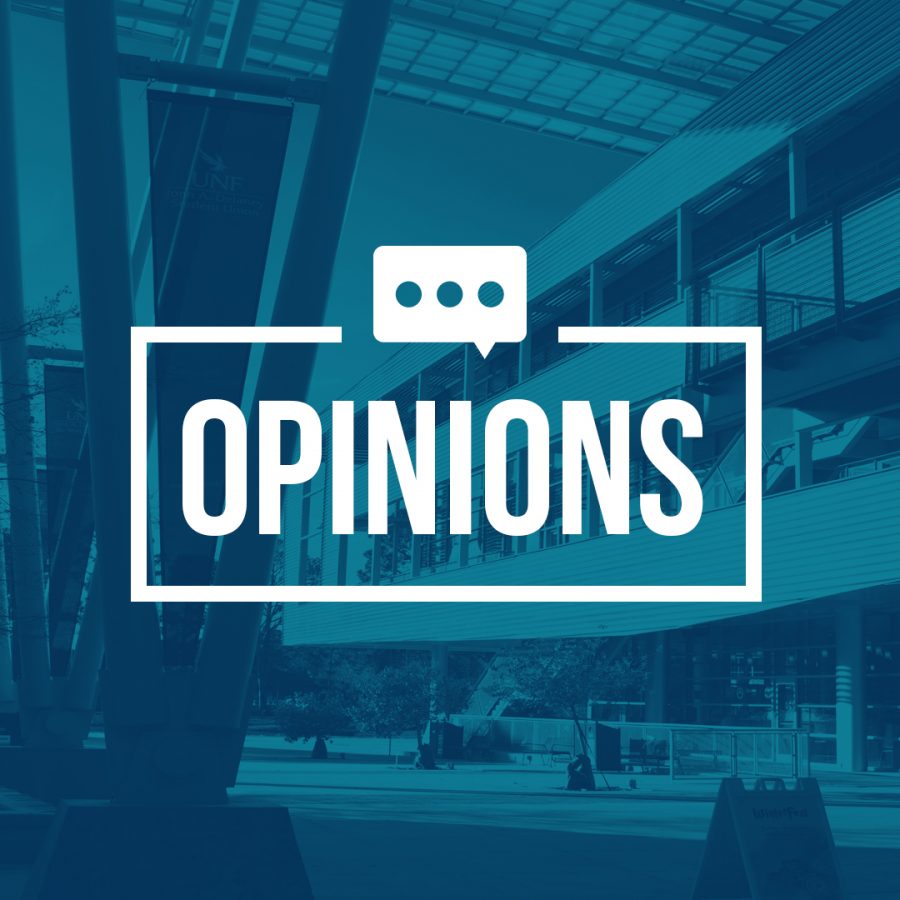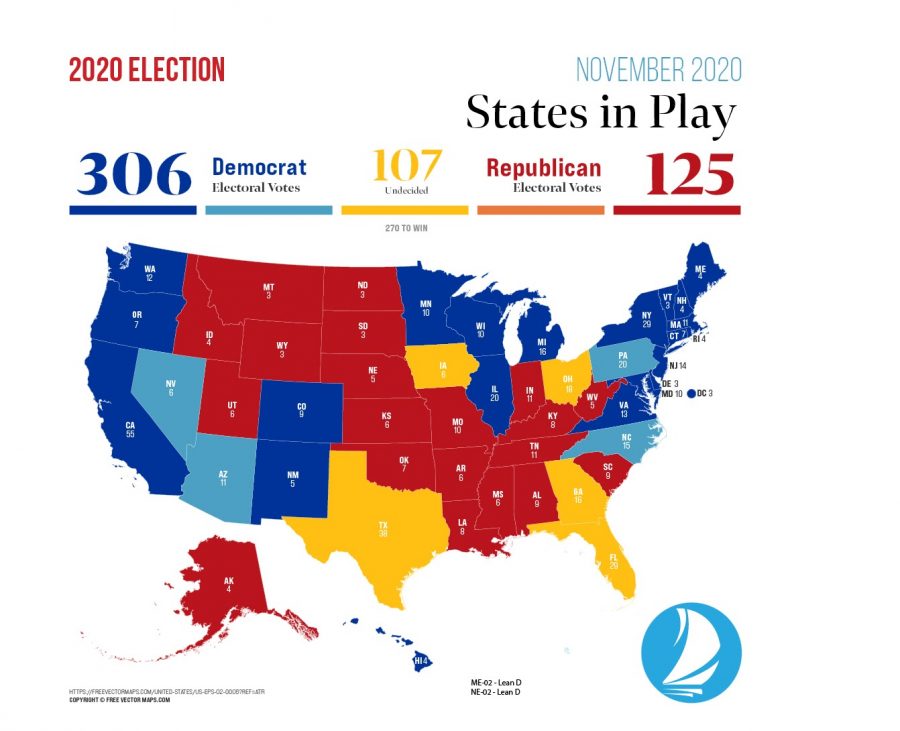On October 30, 2016, Donald Trump was photographed holding a rainbow flag at a campaign rally—the flag, handed to him by a supporter, was upside-down and had “LGBTs for Trump” scribbled on it with a marker. Now almost two years later, the Trump administration has unleashed yet another assault on the very existence of transgender Americans.
Since the election of President Trump, violence against transgender Americans has spiked. The deadliest year for transgender Americans was 2017, and now 2018 is on track to almost mirror those numbers. This violence isn’t happening in some far away place either—there have been three murders of transgender or gender-nonconforming people in Jacksonville, Florida just this year—making Jacksonville one of the most dangerous cities in America for transgender Americans.
This violence comes alongside policy attacks from the Trump administration, such as the attempt at banning transgender recruits from the military in 2017—an order he suddenly announced on Twitter. While the ban was quickly struck down, there remains concerns that transgender recruits are still being discriminated against, specifically in medical examinations.
This all precludes the news that came October 21st that the Trump administration is trying to define transgender out of existence. To better understand what the Trump administration is trying to do and find out how the LGBT community is responding to this—I sat down with the UNF LGBT Resource Center Director, Kaitlin M. Legg, to discuss the implications of this latest assault on transgender rights.
When asked what the Trump administration was trying to do, Legg stated, “[the] Health and Human Services Department at the federal level decided that they’re going to start talking about redefining sex.” This redefinition essentially restricts the definition of gender to only male and female, unchangeable, and determined by genitalia at birth. Legg went on to argue that, “[with] those very strict definitions, it’s going to hurt our government’s ability, and institutions like higher education and business’s ability to protect transgender people because it’s basically just like writing them out of existence.” The concern that this redefinition would result in a loss of civil rights is because the redefinition is occuring in Title IX, which is the federal civil rights law responsible for banning discrimination based on sex. By redefining sex in a way that excludes transgender folks, they will lose all civil rights protections based on their gender identity.
I asked Legg what the general feeling in the LGBT and transgender community was, to which she replied, “[they] are scared and they’re angry and sort of feel like its just been one attack after the other from the [Trump] administration.” After the attempt to ban transgender Americans from the military, restrict where they may use the restroom, and now an attempt to define them out of existence—this fear and anger seems entirely justified. Legg also noted there was still a lot of optimism and unity in the community. “There’s been really a big rallying cry to organize and protest and write letters and make phone calls to folks in government along with a lot people right now are trying to donate to transgender led organizations…people are frustrated and scared but are definitely banding together to try and fight this…there’s kind of the idea that were not going to let this happen.”
The administration has even tried to take this redefinition of sex to the United Nations, to which a senior UN diplomat said, “we shouldn’t be going along with encouraging their society to be regressive.” If the United States is to pursue this at the UN, their allies would include Russia and the most conservative Islamic states—nations who are commonly targets of US condemnation for spotty human and civil rights records. Legg stated, “once we start dictating things like [the definition of sex] it creates this larger challenge of what are those boundaries and lines.” Redefining who is deserving of civil protections is a dangerous prospect. It might start with transgender Americans, but who knows where it might go from there?
Legg wanted to make clear that, “decision goes against what a lot of doctors, scientists, and health care providers already know to be true—which is that the definition of sex isn’t that simple.” The current science around sex does not support a narrow definition of sex, despite the Trump administration’s claims to the contrary. The redefinition also ignores the existence of intersex people, something Legg was adamant to make clear, “it will also cause broader implications… for people who are intersex who may be born with some sort of gender characteristics that don’t fall within our general binary norms… it may also cause challenges for people who have different levels of testosterone or estrogen and some of the other variances that just regular humans have.” The implications of this redefinition on intersex people could be incredibly harmful psychologically and physically—as forcing an intersex person to be assigned as just male or female ignores their biology and could result in improper treatment.The entire debate over the “biological truth” of trans existence is in itself a skewed conversation. Transgender people exist all around us—searching for the secret of their origin ignores both that they exist right now, and that this line of scientific inquiry studies transgender folks as if there is an “ordinary” person they differ from.
When asked what the average person can do to resist the Trump administration’s attempt to redefine sex, Legg said, “donating is a good thing, checking in on your friends that are transgender…[and] educating friends and family members about the topic…getting out and voting…” are all effective ways to get involved. She also said that “getting involved with the LGBT community, whether that’s going to events here at UNF, or researching about the community in Jacksonville,” are good ways of gaining understanding and providing support for a community that has been under attack since Trump’s election.
My interview with Director Kaitlin M. Legg left me feeling much more optimistic about the whole affair. The LGBT community has faced stiff, brutal opposition for centuries, but from Stonewall to the AIDs crisis to today the community has persevered. The Trump administration’s assault on transgender Americans is the latest in a long line of attacks against the LGBT community—attacks that are always outlived or beaten back. Transgender folks exist, and that is a fact that is indisputable and should not be up for partisan debate. It is the Trump administration’s assault on the transgender community that makes this an issue of contention, not the existence of transgender Americans.
Before leaving, I asked Director Legg if she had any other comments. She replied, “I hope that UNF students who are transgender know that we will continue doing everything we can to support them and that we’re here for them.” I hope that transgender Americans—out and proud, biding their time, or anywhere in-between— know that they aren’t alone.
—
For more information or news tips, or if you see an error in this story or have any compliments or concerns, contact editor@unfspinnaker.com.













